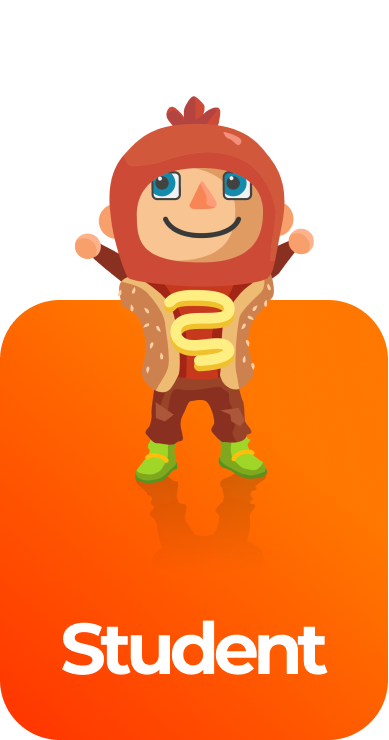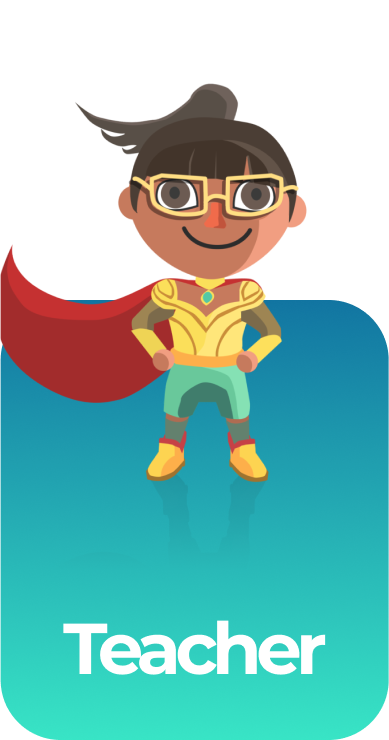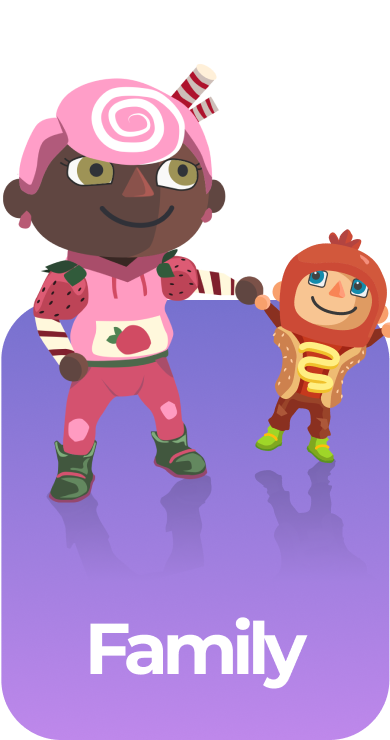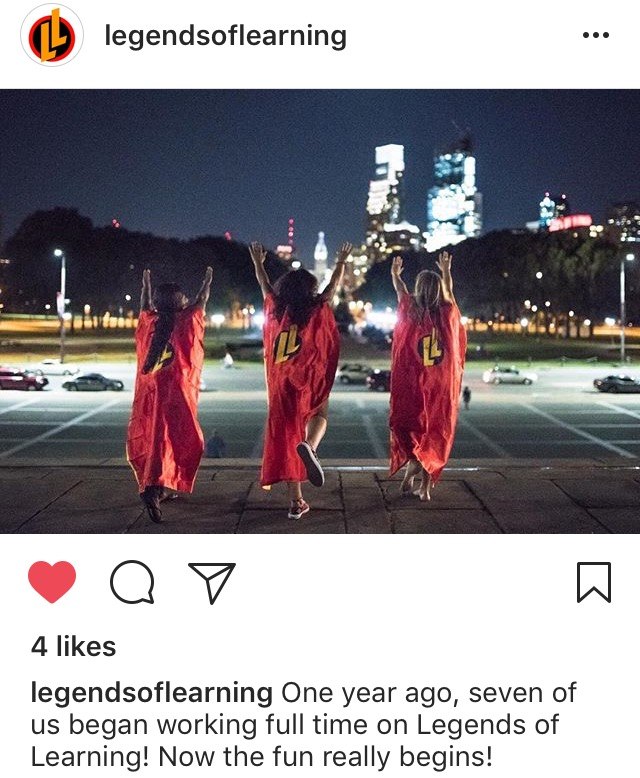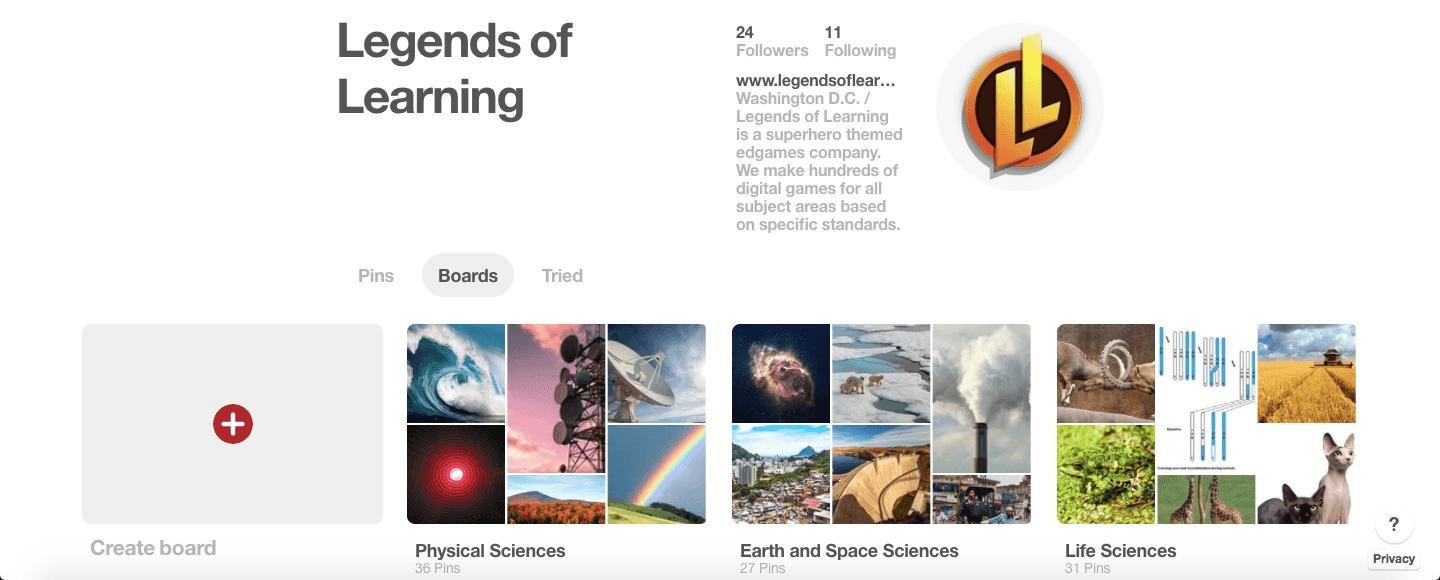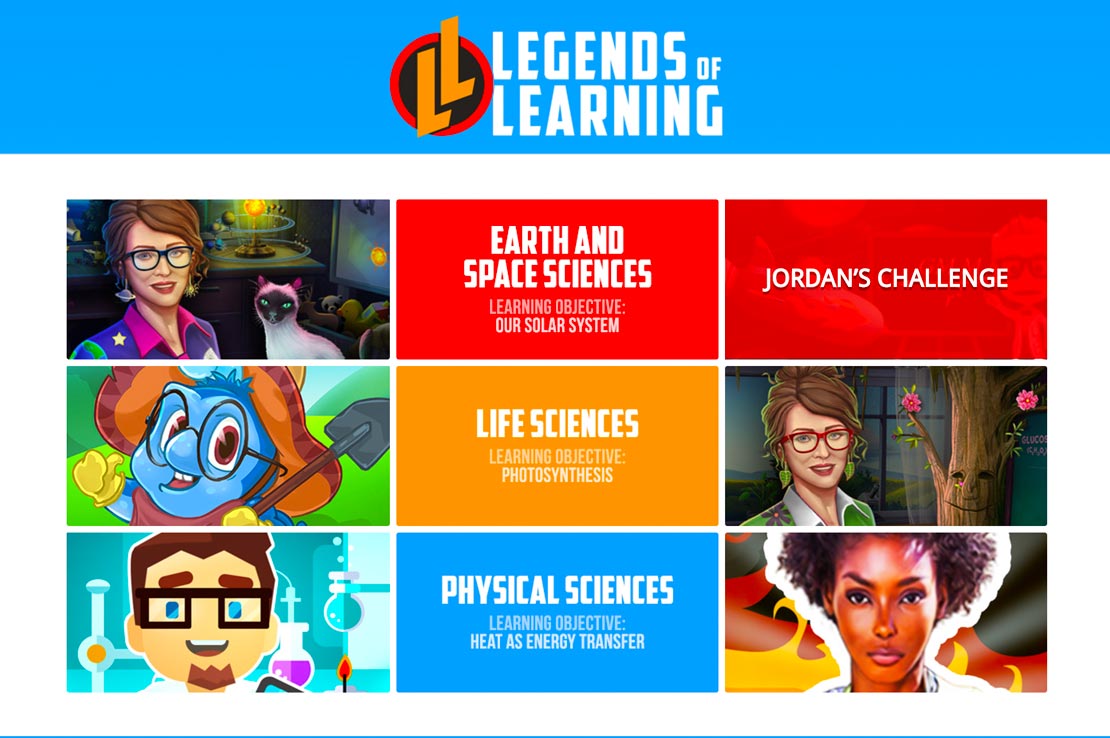We are thrilled to launch our game-based learning platform with more than 700 curriculum-based games for middle school earth and space science, life sciences, and physical science curricula. The science games, created by over 300 games developers, are based on rigorous academic research conducted in partnership with Vanderbilt University.
In preparation for the platform launch, Legends of Learning involved more than 500 teacher ambassadors from across the country. Their participation will ultimately build a library of 700 games by the end of spring, with more games in different subjects and grades underway. The games and platform have benefitted from direct feedback by Legends of Learning’s teacher ambassador community, resulting in games ideally suited for the challenges of today’s learning environments.
Teachers communicated directly with and provided recommendations to game developers from such well-known game studios as Schell Games, Filament Games, North South Studios, Second Avenue Learning, and Intellijoy. Legends of Learning will continue to engage with educators about their needs and insights in an effort to keep games fresh and exciting for students.
“I have been teaching science for 14 years and never have I seen a company listen to teachers and incorporate feedback like Legends of Learning has,” said Scott Beiter, a veteran science teacher from Rensselaer, New York, and Legends of Learning teacher ambassador. “It is hard to find a platform that is easy-to-use and integrates into what I am already teaching, but Legends of Learning has created one for middle school science.”
Legends of Learning founder and CEO Vadim Polikov, a research scientist, believes that research is the foundation for successful game-based learning and long-term educational reform. The soon-to-be-released controlled study in partnership with Vanderbilt University, “Substantial Integration of Typical Educational Games into Extended Curricula,” measured the performance of more than 1,000 students in seven states and in schools with differing student bodies, socioeconomic factors, and geographical locations. The study demonstrated statistically significant success, showing that academic performance and engagement increase with curriculum aligned game-based learning.
Some unique aspects of the Legends of Learning game-based learning platform include:
- Short games (5-15 minutes) that align to middle school science curriculum standards to ensure content engages and helps students succeed in their studies;
- An intuitive platform similar to Netflix and Amazon that makes games easy and natural to use in classrooms; and
- A dashboard that allows teachers to observe student comprehension in real time, create game playlists for classes and individual students, and assess content mastery.
“I firmly believe in using original academic research to test the efficacy of new education products while at the same time making sure the classroom implementation is incredibly easy for educators,” said our CEO Vadim Polikov. “Working with a wide range of teachers and game developers has allowed us to build a unique platform that will be easy for educators to integrate and use in their classrooms.”
Teachers interested in being part of the Legends of Learning Ambassador program should visit legendsoflearning.com/teachers. We are showcasing our platform and games at booth #2217 at the National Science Teachers Association’s National Conference in Los Angeles, March 30-April 2.
A version of this story was issued as a press release on PRWeb this morning. Interested parties can see the games on the Legends of Learning platform.
